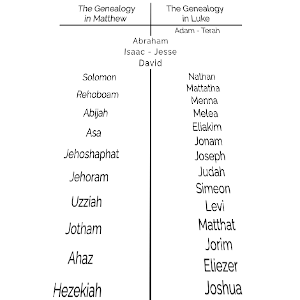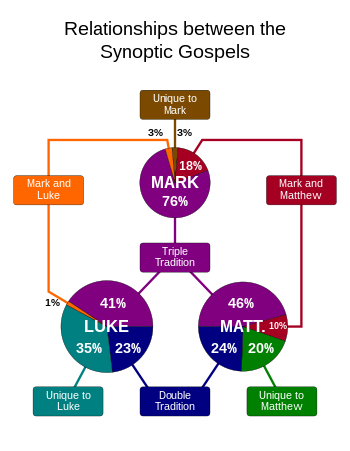However, I'd be interested in is
my question said:
The Gospels testify that Jesus performed miracles and resurrects from death. So why does the New Testament open with a political plea regarding the origins of Jesus as if the miracles/resurrection only matters if he is related to the right people? Presumably if someone today resurrected from death, no one would be asking 'But who is his great great great grandfather?'
I think the purpose of the genealogies is to "prove" that Jesus fulfilled prophecies about the Messiah:
Are the genealogies accurate?

guide4christmas.com
Except, he resurrected! That is the miracle of all miracles... well that and getting Firefly back on the air.
If Jesus didn't fulfill a single prophecy, he still resurrected. The entire religion hangs on that one thing. Abraham, David... doesn't matter. The Resurrection matters! And really only the resurrection matters.
So for them to lead off and go into relationships and prophecies, one has to wonder... about the legitimacy of the other much more important claim.
As I noted, if a person Resurrected and came back to life today, no one is asking who their progeny was 8 generations ago. People might be interested, but it ain't going to be important.




